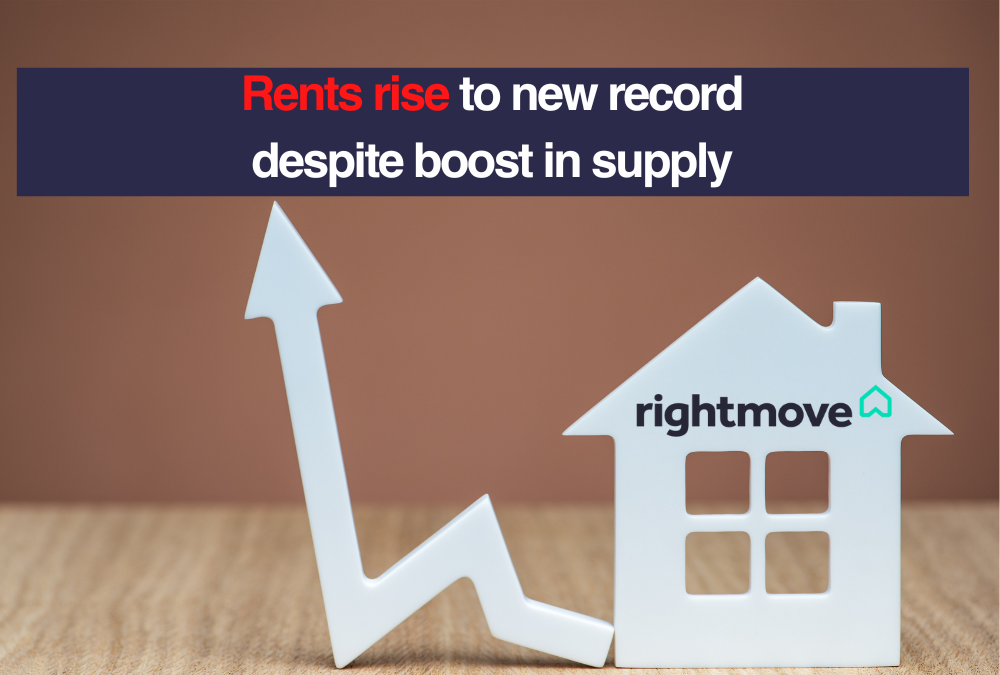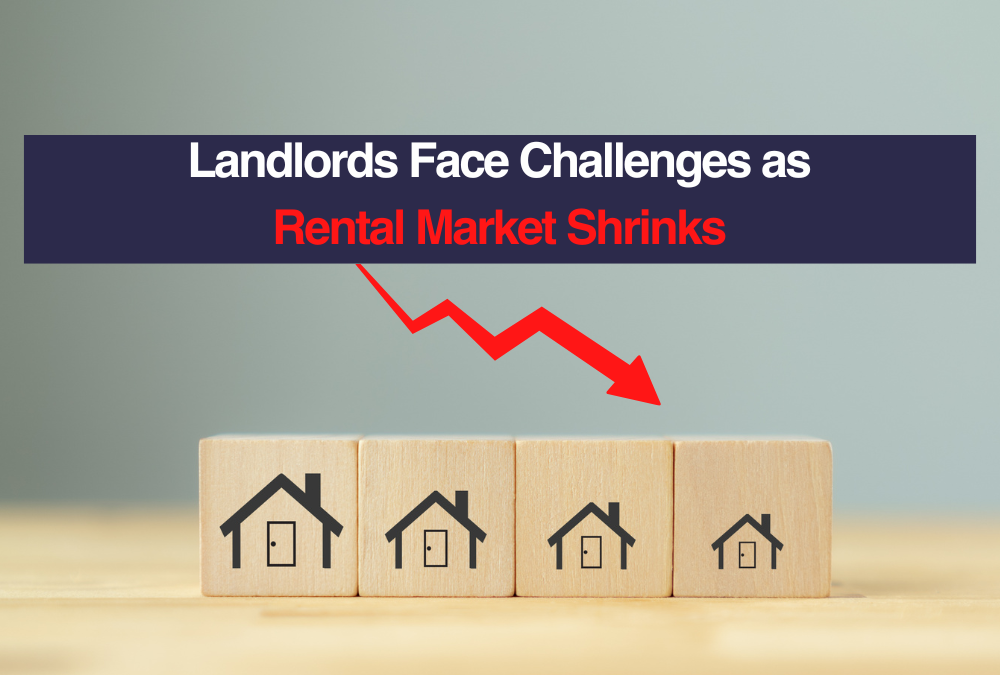After the last few months, you might have thought that the uncertainty was over – how wrong we were, especially after the introduction of new tier-based restrictions and the potential of a 2-3 week circuit breaker lockdown. There is no sign, as yet, of any further closures within the housing market that we saw from March to May thankfully, however it does not mean this will not happen. From its low point in April, the economy has bounced back a lot, more than 20%. People have been spending, so retail sales are not only growing again but they are higher than they were a year ago.
The economic outlook is, of course, entirely dependent on the course of the virus, and the severity of the second wave. But lessons have been learned, and many businesses have adapted, including across the housing industry. It would be foolish to describe the second wave as anything other than a huge source of uncertainty, which is why the next few weeks are crucially important for the housing market. Its post-lockdown bounce has taken many by surprise, with reports that house-price inflation has hit its highest level since 2016.
These things can take time to change but there is no sign yet that the increased uncertainty has killed off the revival. All the forward-looking indicators in the latest Royal Institution of Chartered Surveyors residential market survey were positive. The survey showed that a net balance of 17% of surveyors expect sales to rise over the next three months. The house-price balance also showed expectations of continued price rises over a similar timeframe.
Respondents were more cautious about the sales outlook over a longer-term horizon, 12 months, with most expecting weaker sales as a consequence of higher unemployment once the job support offered by the chancellor, Rishi Sunak, is phased out. Surveyors remained marginally positive about house prices over 12 months, though there must be a note of caution about one aspect of this. Some of the strongest price expectations were in the North West, currently the epicentre of the coronavirus’s second wave.
One feature of the post-lockdown revival of the housing market has been an increase in both new buyer enquiries and sales instructions. This has come as a shock for a lot of agents, who had started to get used to the things that had changed. The balance between the two is what matters for house prices. Too many properties coming onto the market relative to demand will push down prices, and vice versa.
The asking price index for October shows that this is a factor pushing down asking prices in the South West and South East, though not yet for London. As for the rest of the country: “While agents have been busier than is usual for September in all other English regions and in Scotland and Wales, it is important to note that the increase in supply is much less pronounced in the northern regions, with the North East indicating a mere 7% increase year-on-year.
An interesting market, as we head into an uncertain winter.
Related Articles
- Tenants with Covid Rent Debts See Arrears Increase
- 12 Months of Covid
- Advice About Bills During Coronavirus
- The Corona Virus; Our Thoughts for Landlords
- How An Agent Can Help You During Lockdown








